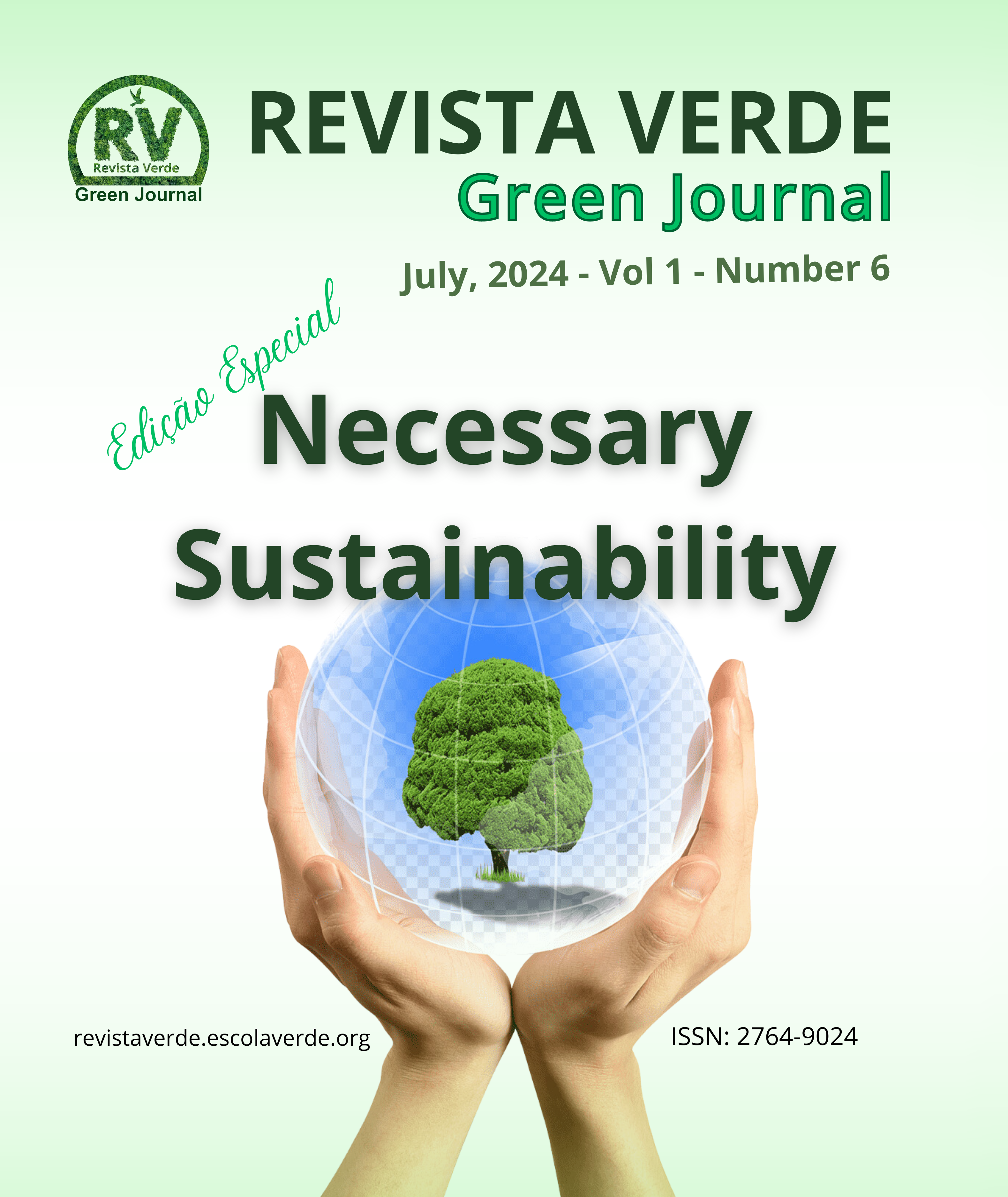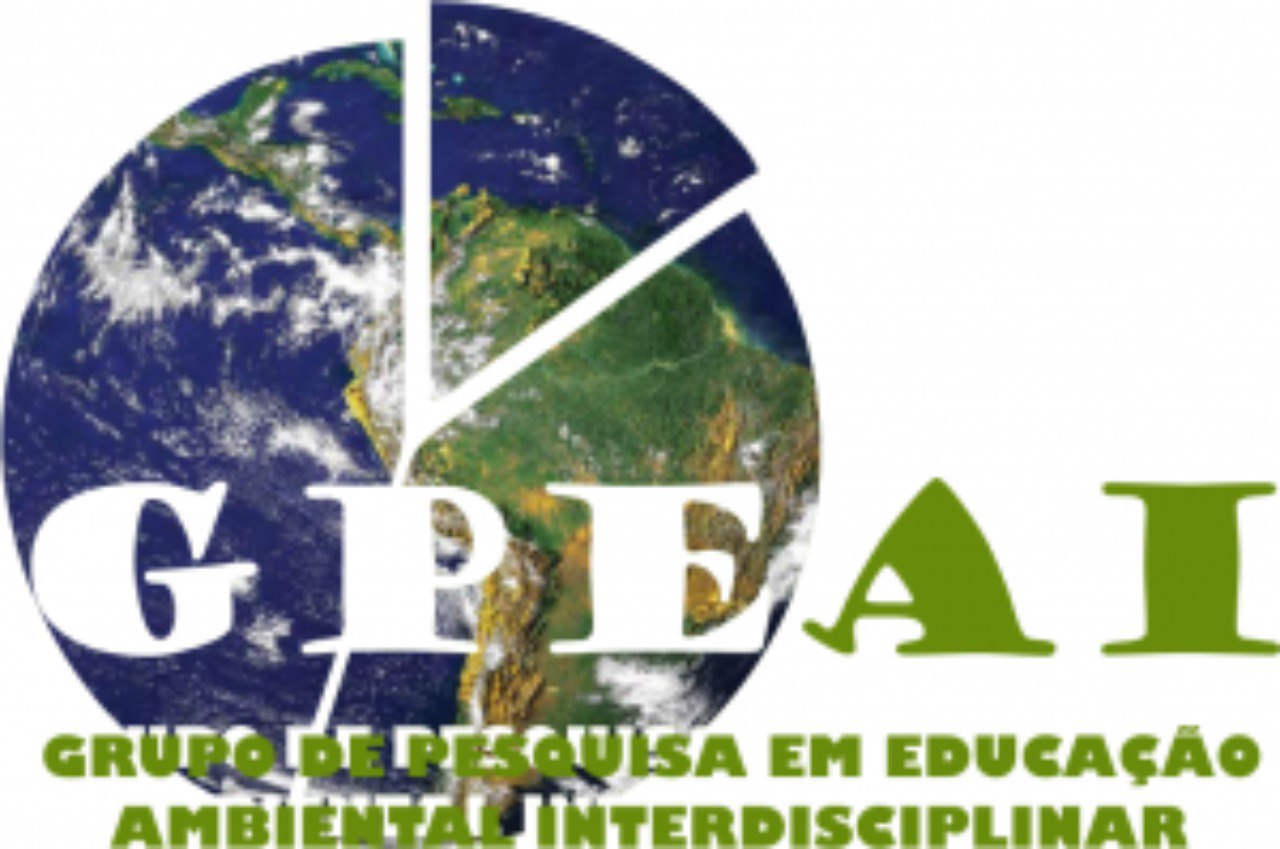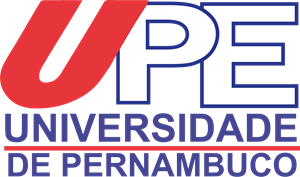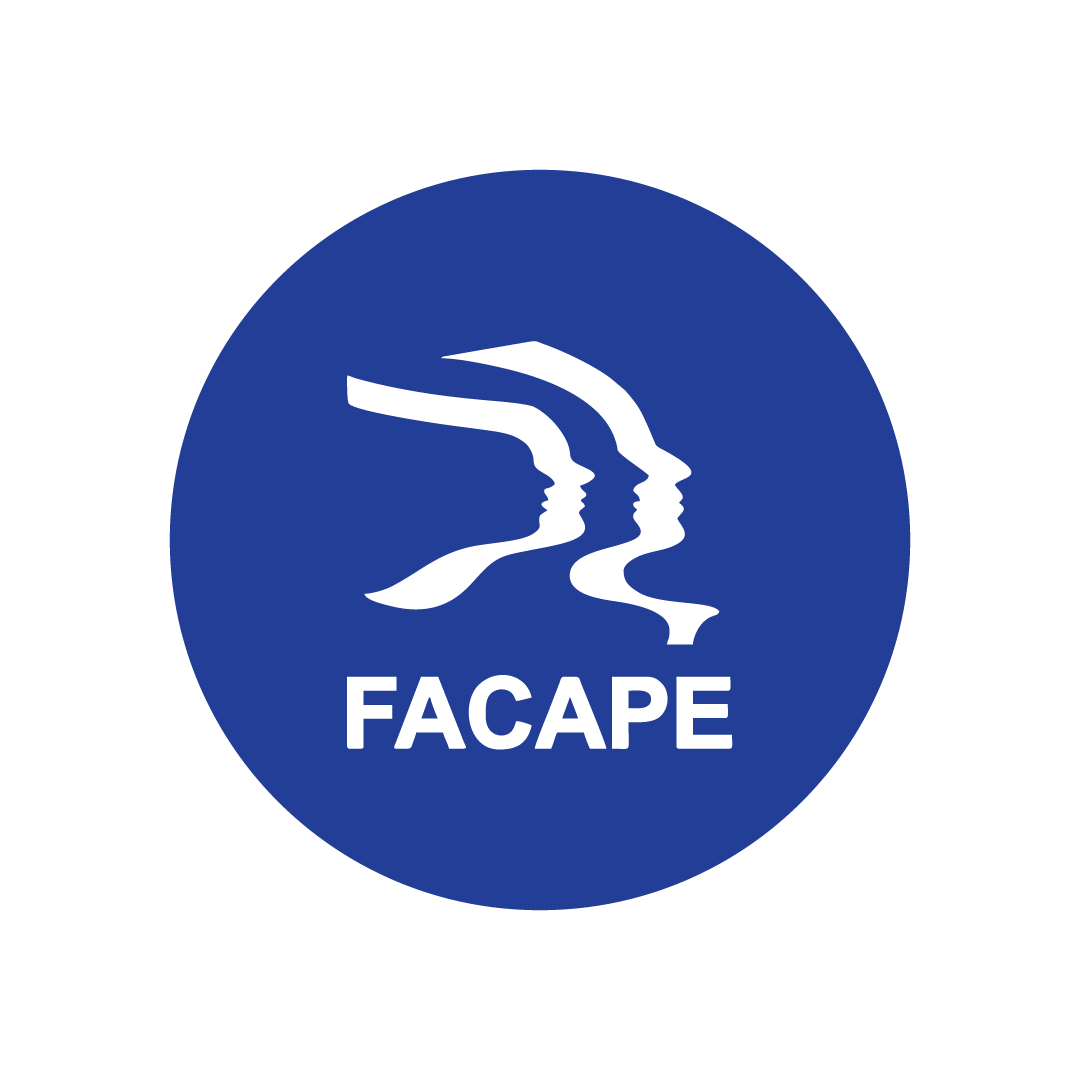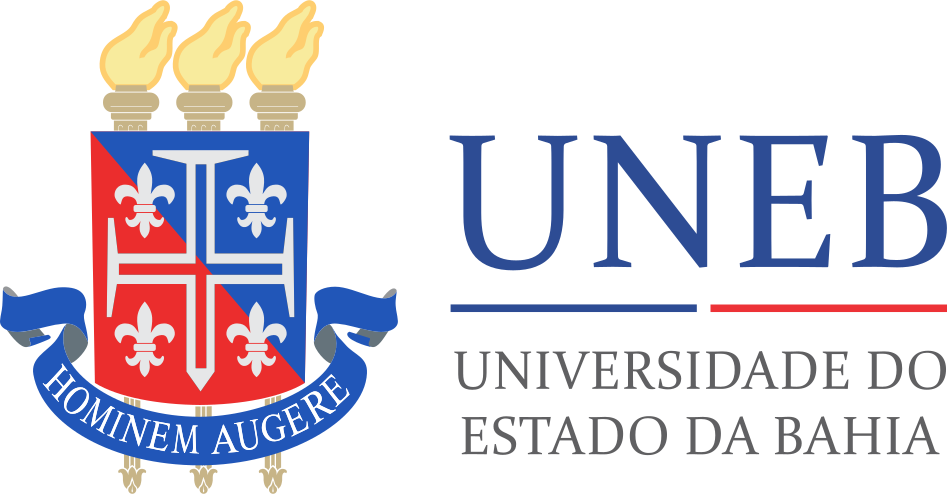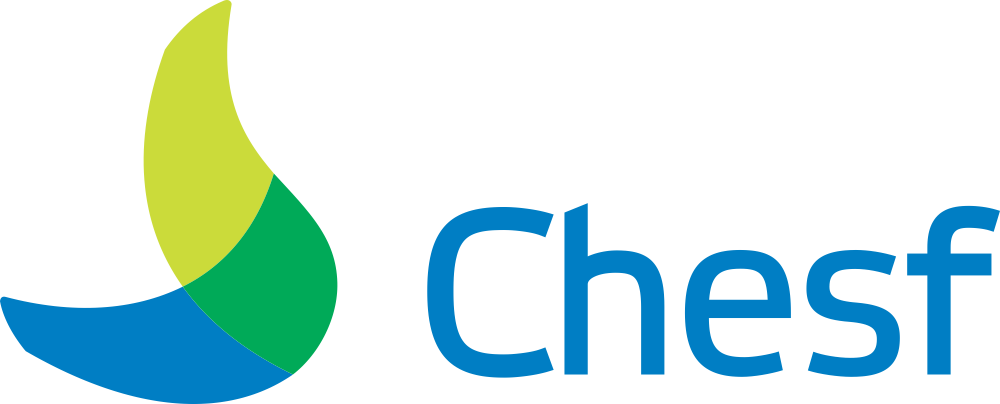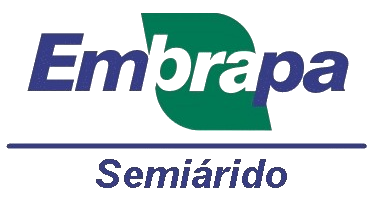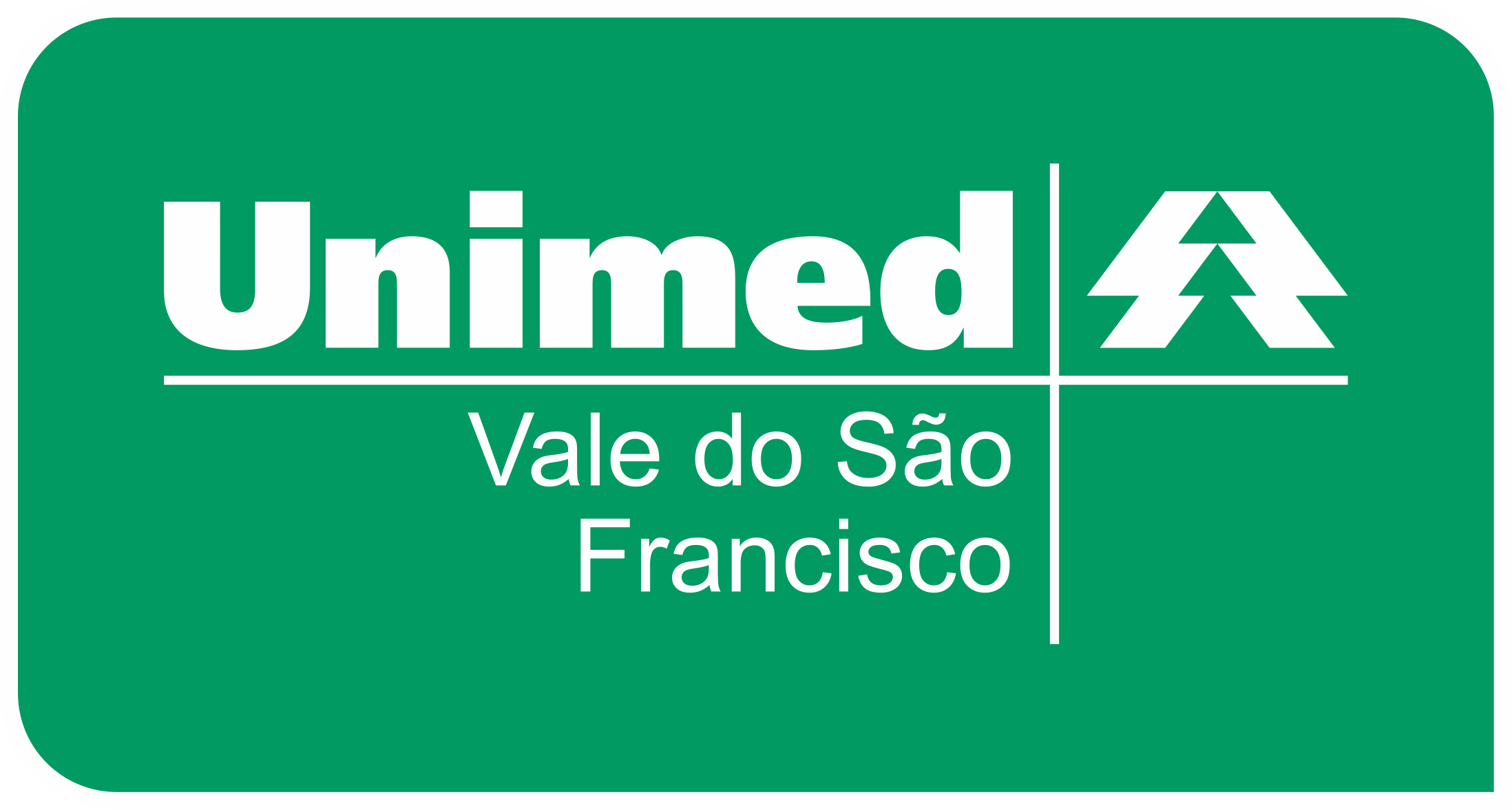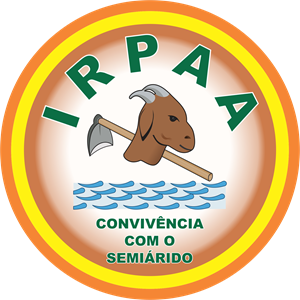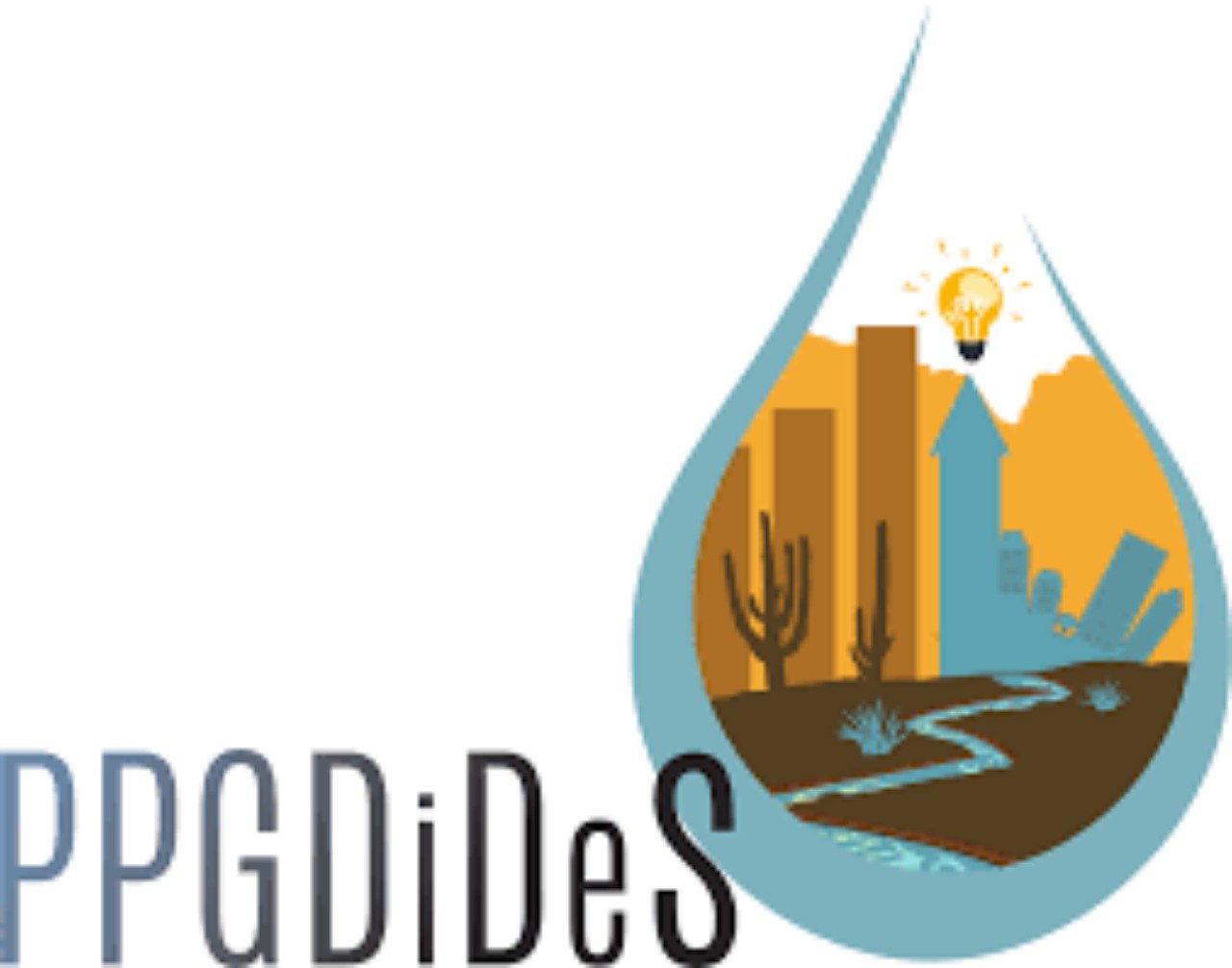COVID-19: MUDANÇAS NO CENÁRIO DOS PROFISSIONAIS QUE ATUAM NAS ETAPAS DO GERENCIAMENTO DOS RESÍDUOS DE SERVIÇO DE SAÚDE
Keywords:
Solid waste, Pandemic, Contamination, TreatmentAbstract
Due to the scenario arising from the Covid-19 pandemic crisis, several sectors needed to undergo changes in order to minimize the spread of the virus on a larger scale. The increase in demand for medical care led to a collapse of the healthcare system as institutions were not prepared to handle the number of patients seeking care. As a result, there was a significant increase in the generation of possibly contaminated healthcare waste. Professionals who do not work on the front line in the fight against the pandemic, but who are involved in some of the stages involving the management of health service waste, such as cleaning professionals, collectors, collectors, disposers, have become even more vulnerable as access The information and lack of training to deal with new ways of working have put this class at risk. In this sense, the objective was to analyze the contamination of health service waste resulting from the Covid-19 pandemic and the changes that occurred in the scenario of professionals who provide services in hospital institutions and work in some of the stages involving the Management of Health Waste. Health Service. The work is presented through a descriptive methodology where studies already published on the proposed theme were selected, searching for recent articles on digital platforms such as Google Scholar, Scielo and electronic pages with key words in order to find research that provided information to connect the proposed subjects. Thus, as a result of this research, it can be seen that the pandemic made it necessary to adopt new measures in order to guarantee the health of professionals, especially those who are not on the front line, but are also exposed to the virus and are in situation of greater vulnerability at work. It can also be concluded that the institutions should have disseminated more information and training to professionals on the correct use of clothing and adequate handling of contaminated waste, together with community support with waste picker associations offering physical, emotional and financial support to these professionals who are exposed to the virus daily.
Downloads
Downloads
Published
Issue
Section
License
Copyright (c) 2024 Green Journal

This work is licensed under a Creative Commons Attribution-NonCommercial-NoDerivatives 4.0 International License.

